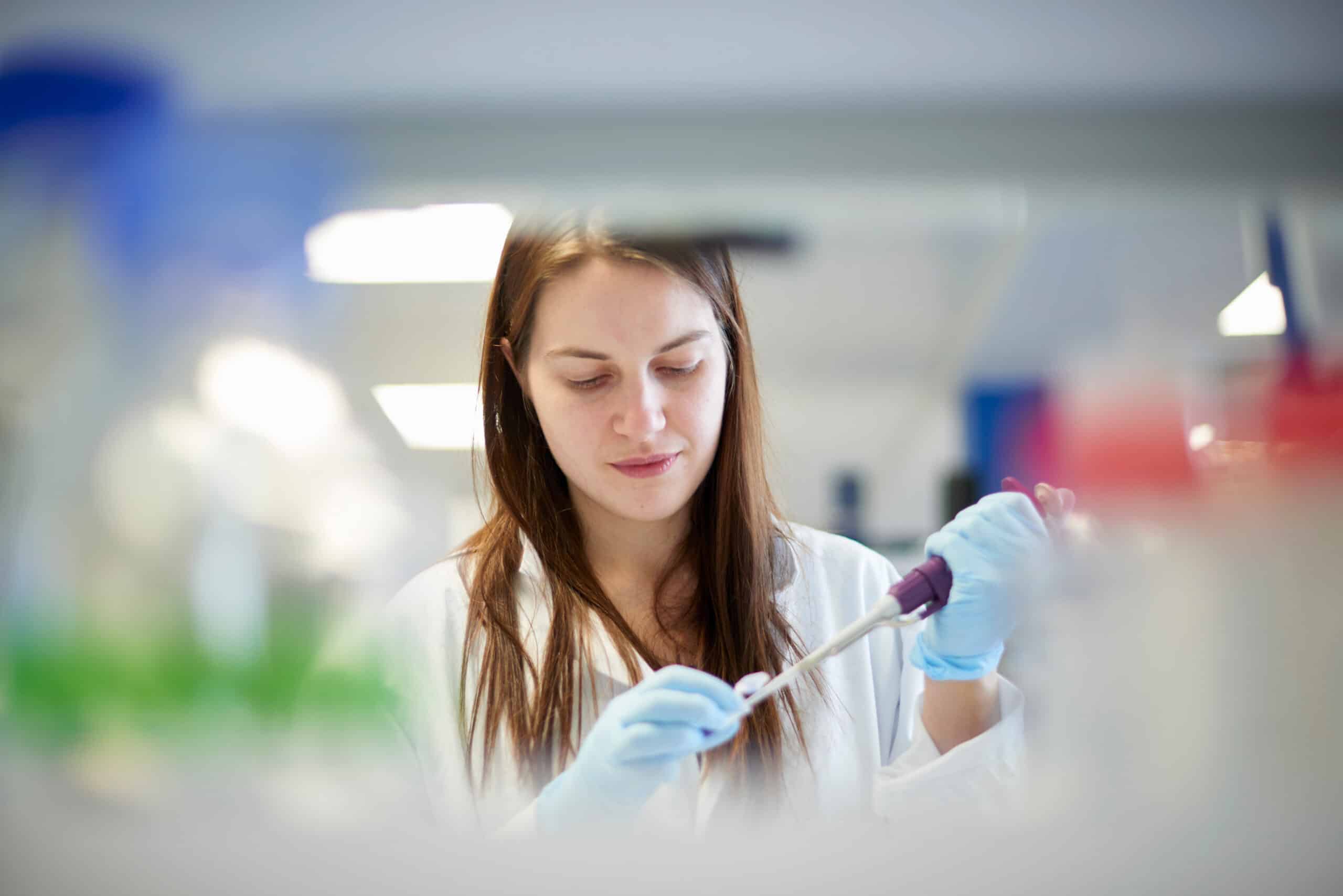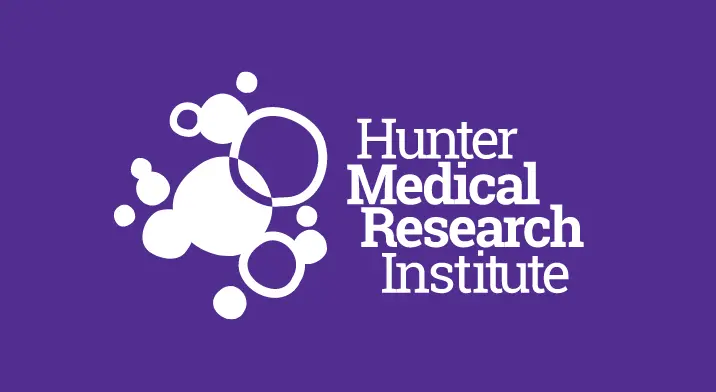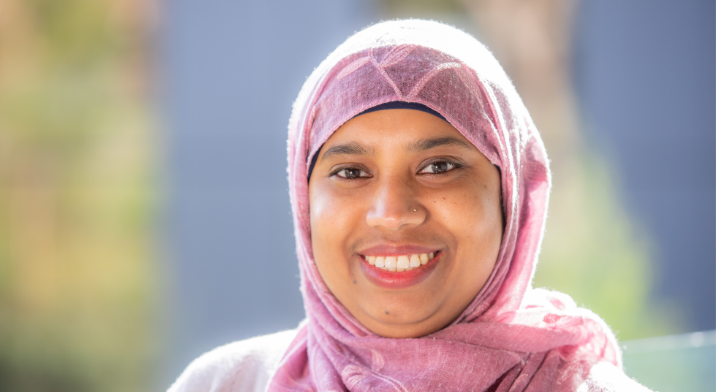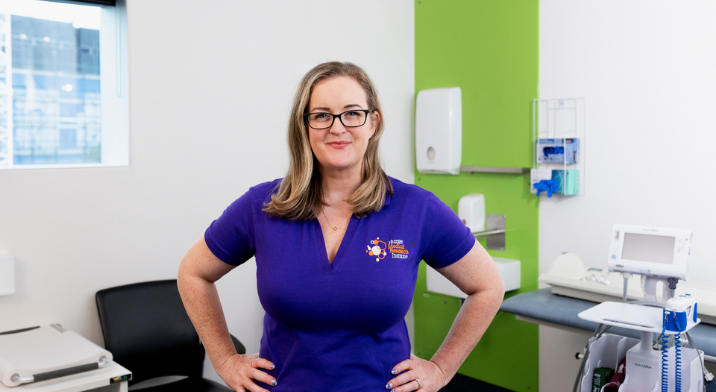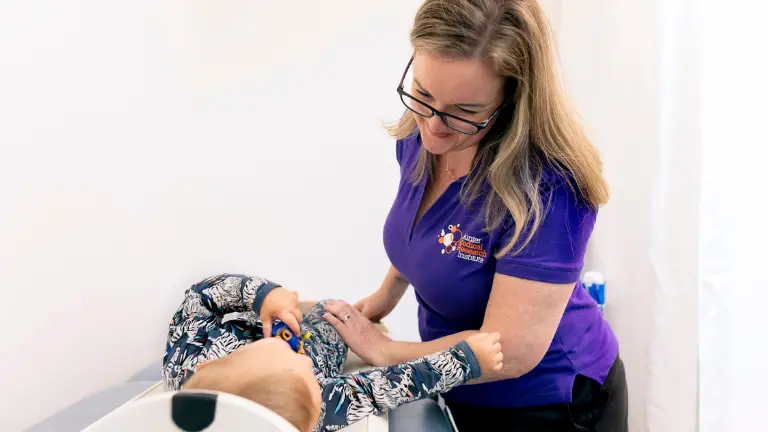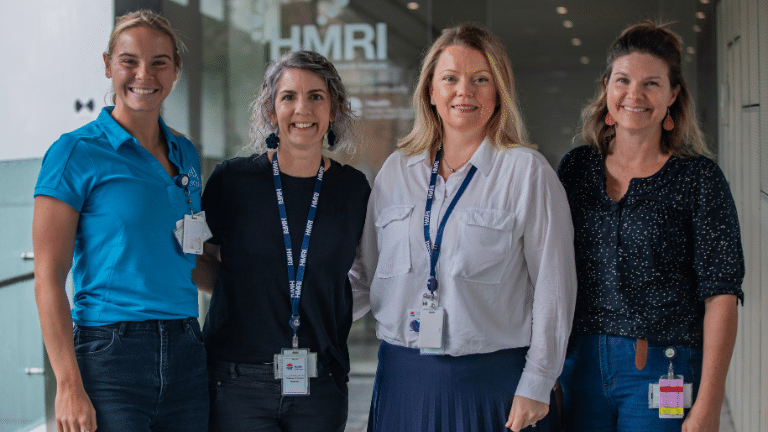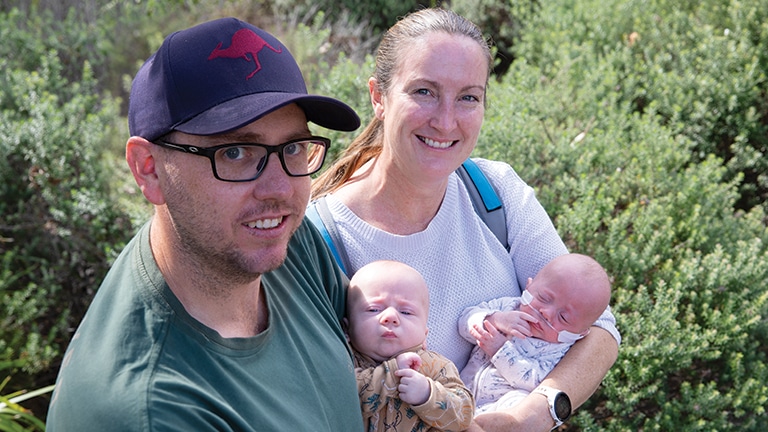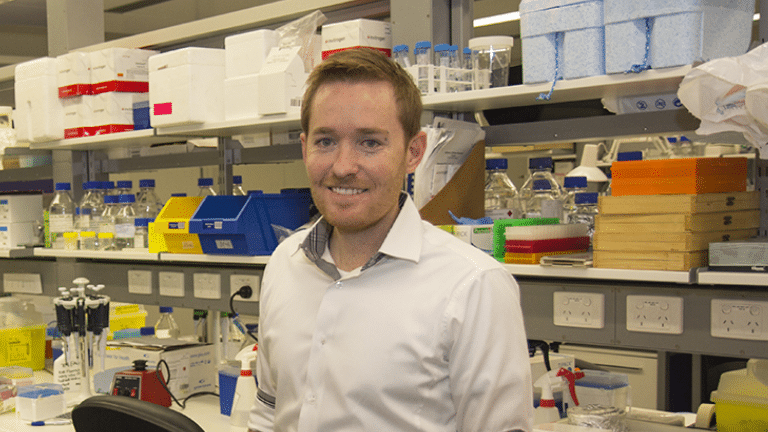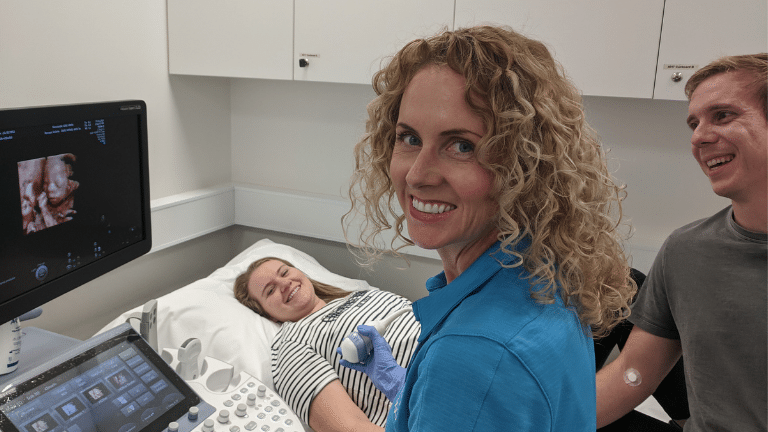Our Mothers and Babies Research Program is dedicated to improving pregnancy outcomes for women and babies in Australia and around the world.
Each year, around 300,000 babies are born to mothers right around Australia. The health of both mothers and babies can have important ongoing implications later in life.
300,000+
BABIES ARE BORN IN AUSTRALIA EVERY YEAR
1 in 10
BABIES ARE BORN PRETERM IN AUSTRALIA
31.1
31.1 AVERAGE AGE OF WOMEN WHO GAVE BIRTH. WOMEN IN AUSTRALIA ARE CONTINUING TO GIVE BIRTH LATER IN LIFE.
Australian Institute of Health and Welfare
Our research is transforming the lives of women, families and babies for a better, healthier future.
Our research focuses on the beginnings of life, spanning conception and into pregnancy and birth, with the aim to improve outcomes and quality of care for women, families and babies.
The Hunter Medical Research Institute Mothers and Babies Research Program is a multidisciplinary group with a range of specialised expertise in solving complex health problems that impact women and babies.
Our research focus areas include:
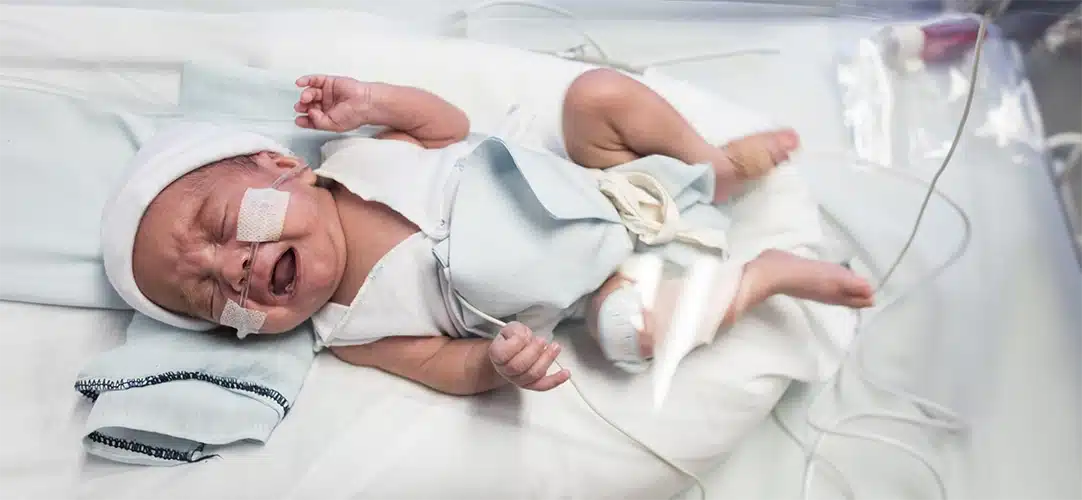
Preterm birth
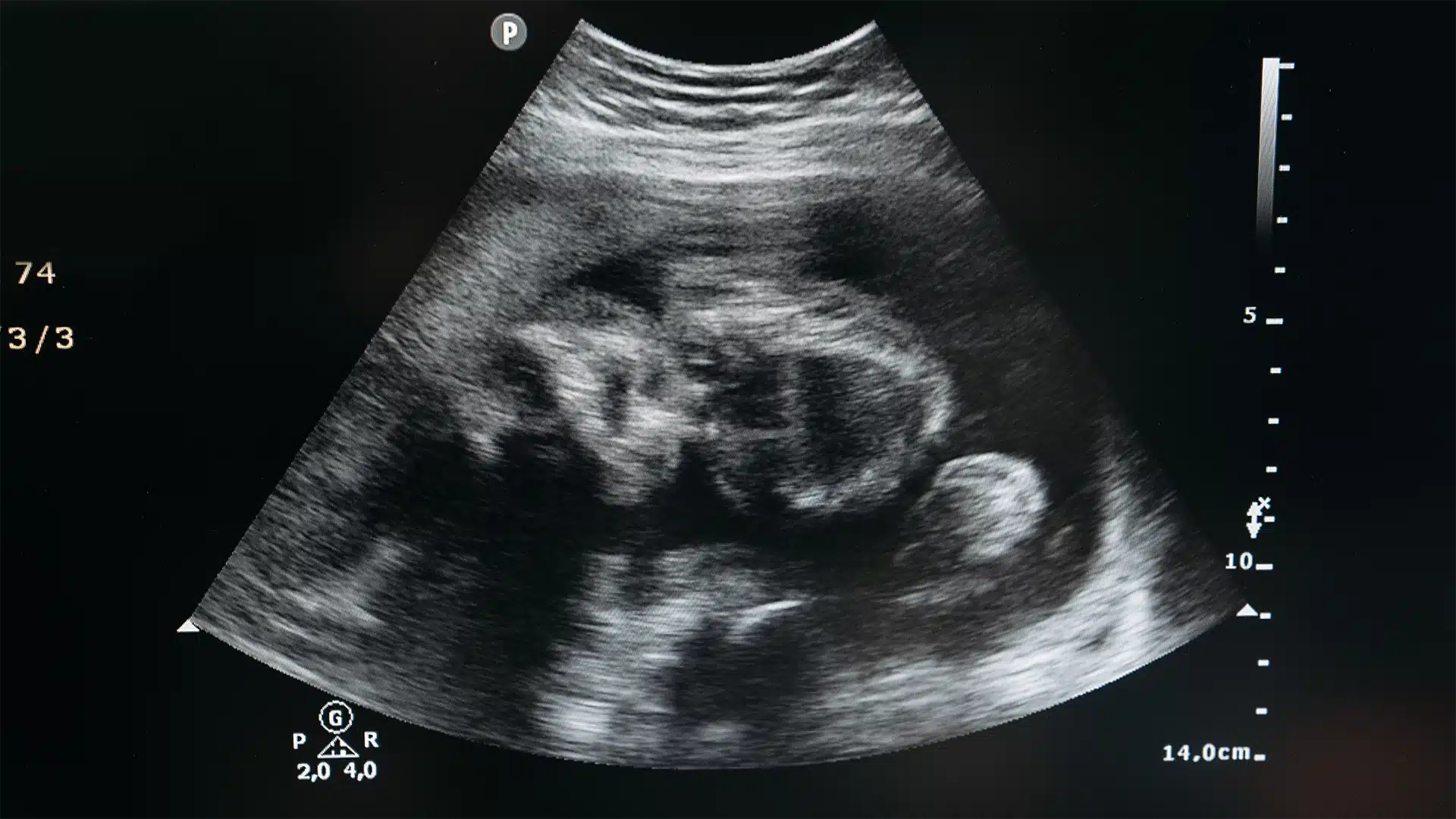
Stillbirth

Healthy childhoods

Health of First Nations mothers and babies
Our program uses a range of innovative and varied research approaches to achieve better health outcomes for mothers and babies.
From applying precision medicine and targeted nanoparticles, to a large-scale pregnancy cohort study, our researchers are improving the health of mothers and babies on a global scale.
We generate some of our best research into issues that matter the most to mothers and their babies where the bulk of complications occur, and the women and babies we care for benefit from these developments in extreme prematurity, pre-eclampsia, fetal growth restriction (small babies) and preterm rupture of membranes (breaking of the waters).
Birth trends change over time and keeping track of the various factors over the long term helps to uncover more of the causes behind preterm births.
Our researchers have already been instrumental in determining hormonal factors that can play a key role in regulating the length of pregnancy, such as corticotrophin releasing factor or CRH. Other factors discovered include genetics, regulation of the placenta, inflammation and even coordination of contractions in the muscle of the uterus, the myometrium.
New treatments for preterm birth are using drugs that can target the uterus, and be delivered in a safer way during pregnancy to limit the side effects for both the mother and baby.
The HMRI Mothers and Babies Research Program is generating greater knowledge of pregnancy complications to provide solutions to the biggest health challenges that all mothers and babies face.
Our research will help more families have a healthy, safe pregnancy and shape positive long-term health outcomes for more babies around the world.
